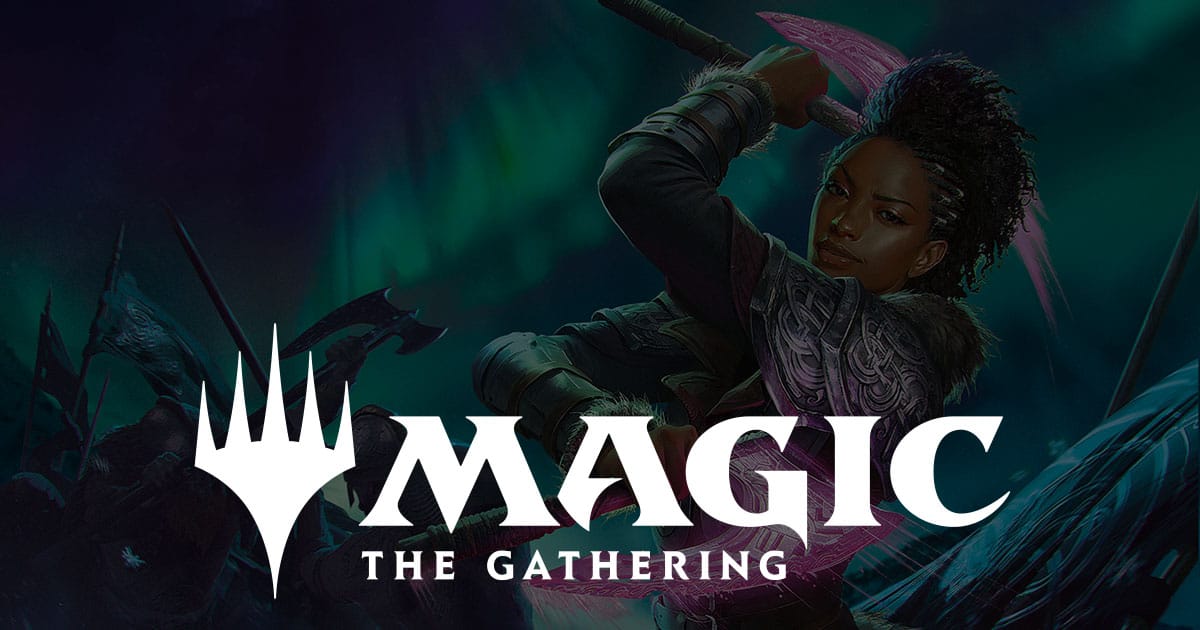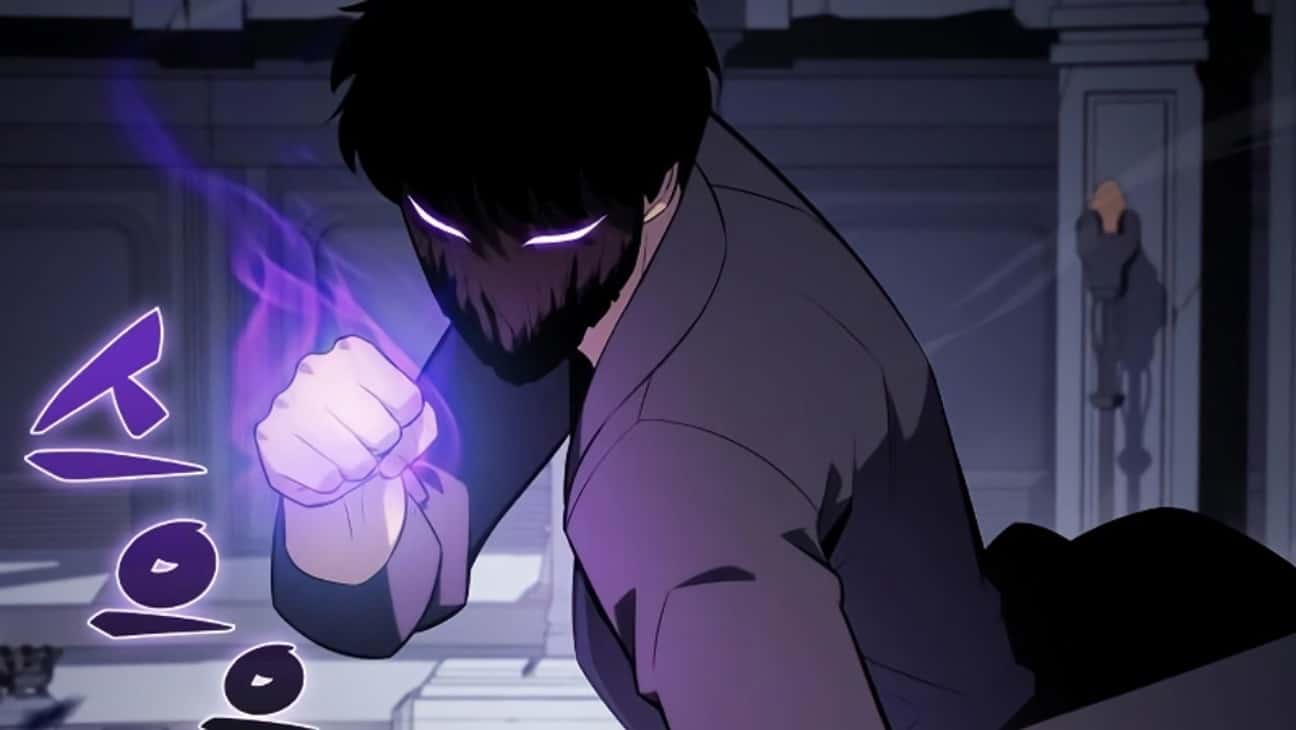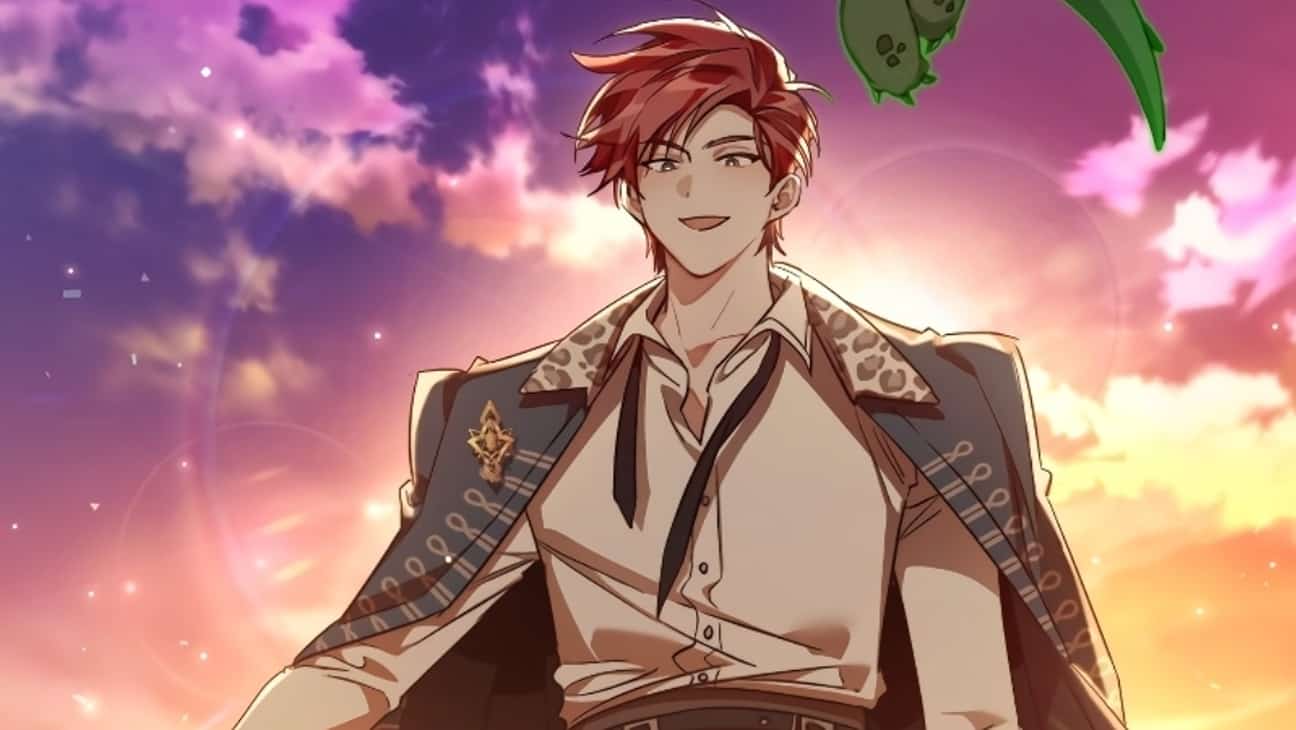Magic: The Gathering, popularly known as MTG or just Magic, is a digital card tabletop game. Richard Garfield created and released the game Magic: The Gathering in 1993. Wizard of the Coast distributed the game.
The game was the first of its kind, a trading game, and till 2018 had 35 million active players worldwide. And through the period of 2008 to 2016, more than 20 billion Magic Cards were produced; it was the period when the game made its hype and gained popularity.
Magic: The Gathering has a 13+ rating meaning anyone above 13 can access and play the game. Magic was first released as an offline card game between two or more players on printed cards. Still, over time, the creator and the distributors launched its online versions, which could be played online on computers, tablets, or even smartphones.
The first online game released by the Wizard of the Coast was named “Magic: The Gathering Online.” As time passed, The Magic game was recognized more by people as an online game and gained popularity through the internet.
The company launched other online games like “Magic Duels,” which was a squeal to Magic: The Gathering Duels of the Planes Walker and was released in 2009. Another such game was “Magic: The Gathering Arena” .vThe game has a minimum of 40 cards deck size, and players can create their own decks with the cards they already own. On a regular basis, cards are released online.
Collaboration between Magic: The Gathering and the Lord of the Rings franchise is set to debut in June 2023 and is known as “Tales of Middle Earth.” This unexpected crossover will bring together the beloved characters and iconic events from J.R.R. Tolkien’s fantasy series and the strategic gameplay of MTG.
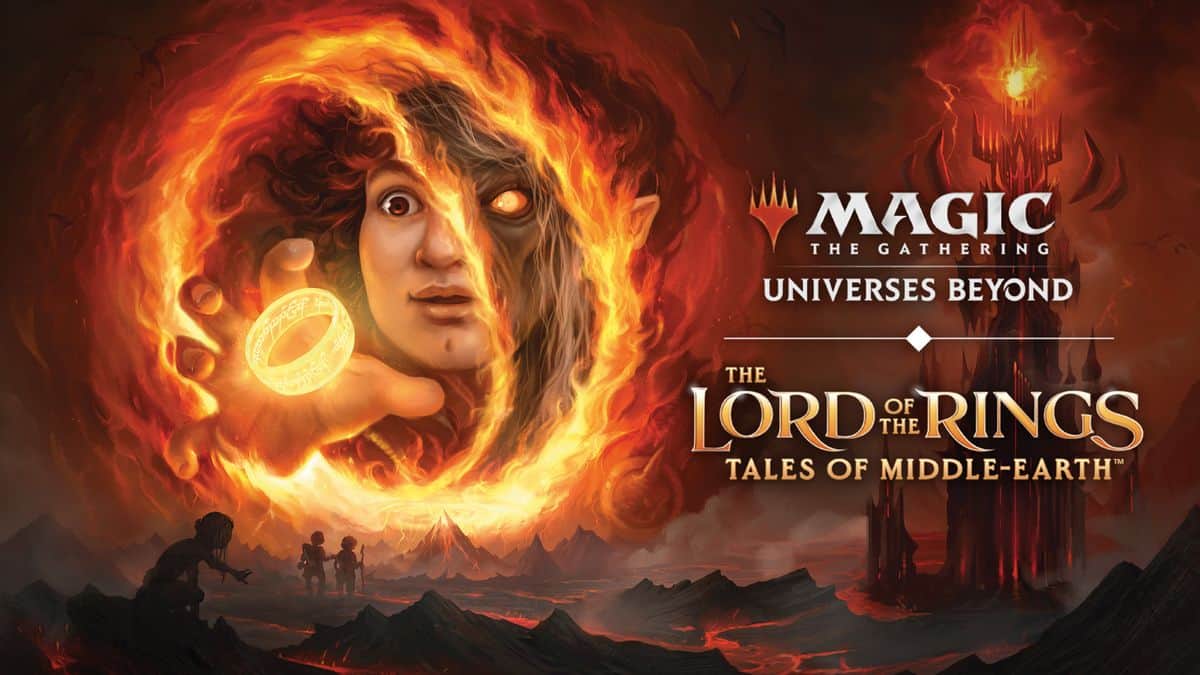
Magic: The Gathering and the Lord of the Rings – Heated Online Debate
The recent announcement of a black version of Aragorn in Magic: The Gathering’s Lord of the Rings set has sparked a controversy about the representation and authenticity of the game. This heated debate opens up a deeper view into the complexities of race, adaptation, and the broader significance of representation in fiction.
The online reaction to the announcement has been mixed, with passionate arguments on both sides of the debate. Supporters of the decision to introduce a black Aragorn argued that this would emphasize the importance of diversity and representation in media. “Including characters from underrepresented backgrounds can promise a sense of visibility and empowerment for marginalized communities,” said a fan.
Seeing oneself or others traditionally oppressed or excluded from mainstream fantasy media can strengthen the connection between the story and characters. The critics, belonging to the other side, are concerned that the black Aragorn interpretation could deviate from J.R.R. Tolkien’s original vision.
They argue that the author’s vision for the character and inspiration from specific cultural and historical contexts may compromise the authenticity and integrity of the character by altering its race. Sticking to the established lore and maintaining the artistic vision of the original creator is essential.
This controversial online debate highlights the need for discussions on representation, cultural interpretations, and the responsibility of creators to be inclusive since artistic choices can impact how audiences perceive and receive stories.
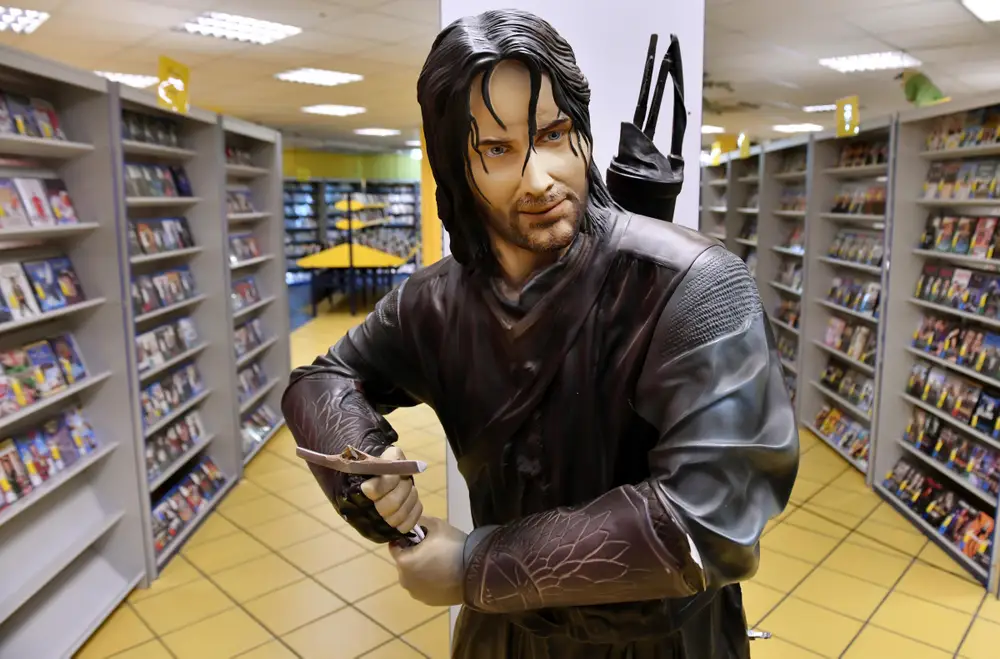
Magic: The Gathering and its creators have responded to the controversy by acknowledging the feedback and discussions made by fans. They talked about their intention to create a more inclusive and diverse representation while staying true to the original characters’ essence and stories. They actively addressed criticisms and shared their aim to find a balance that respects the source material while embracing the need for more inclusivity.
The controversy surrounding Black Aragorn in Magic: The Gathering reflects ongoing efforts to challenge traditional norms and expand inclusivity and appreciation for diverse characters and narratives in media. Society can continue to progress toward a better future with more representation.

